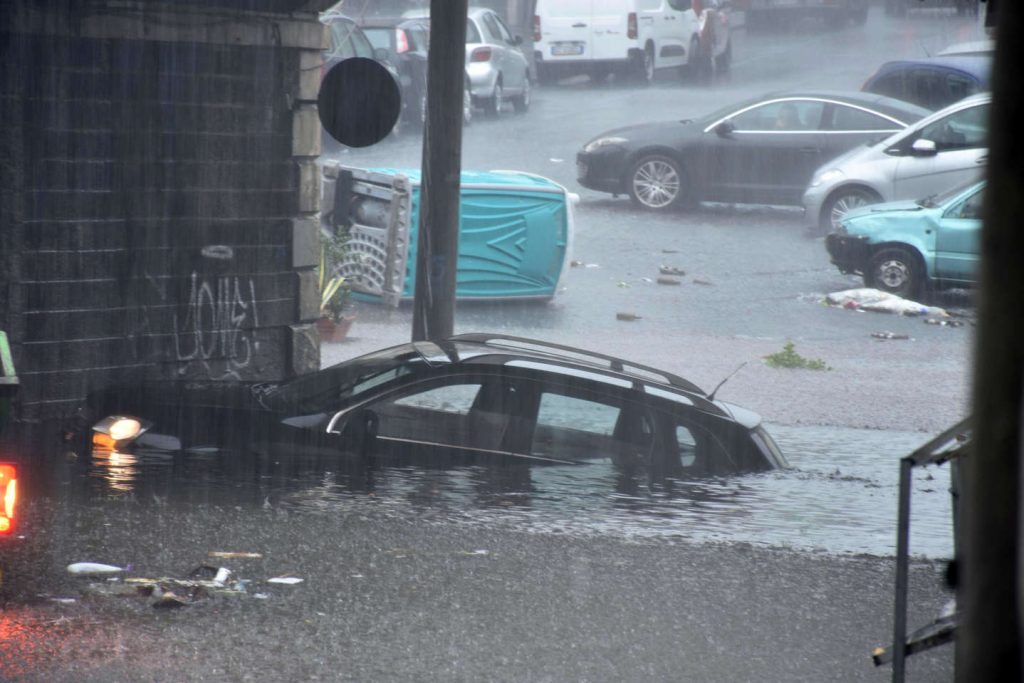The island of Sicily was ravaged by floods triggered by days of torrential rain on Tuesday, forcing rescue operations and stay-at-home warnings amid the harsh weather that also drenched Calabria in southwest Italy.
Two deaths were recorded, according to the Sicilian Farmers’ Association, after a powerful cyclonic storm dumped 300 mm (11.8 inches) of rain in just a few hours on Sunday and Monday.
Experts believe the exceptionally wet weather results from a rare “medicane,” often described as a Mediterranean hurricane. Medicanes typically last less time than hurricanes, but they can still trigger strong winds and heavy rain.
Firefighters in Italy executed 600 flood rescues in 24 hours, 400 in Sicily and 180 in Calabria, according to the country’s fire service. Videos and photos of roadways turning into rivers and abandoned vehicles completely submerged in black, fast-flowing waters were extensively shared on various social media platforms.
“I urge the entire population to not leave home except for emergency reasons,” the mayor of Catania, Salvo Pogliese, posted on Facebook, adding that streets were “overrun by water.”
On Sunday, the Civil Protection Department issued a red alert for Sicily and Calabria, the most severe weather warning, citing a threat to life and property.
Schools were also forced to close owing to increase water, strong winds, and floods. According to forecasts, the rainy weather will last until Wednesday, with heavier rain expected throughout the week.
The tragedies in Italy follow a season of deadly floods that wreaked havoc in cities across Europe, from Germany to Belgium to the United Kingdom.
According to a recent study, as global temperatures rise, catastrophic flooding will become much more common.
Later this month, the world’s leaders will meet in Glasgow, Scotland, for this year’s global climate conference. Still, the majority of the world is already feeling the repercussions of delay, whether it’s from excessive temperatures, wildfires, or flooding.

